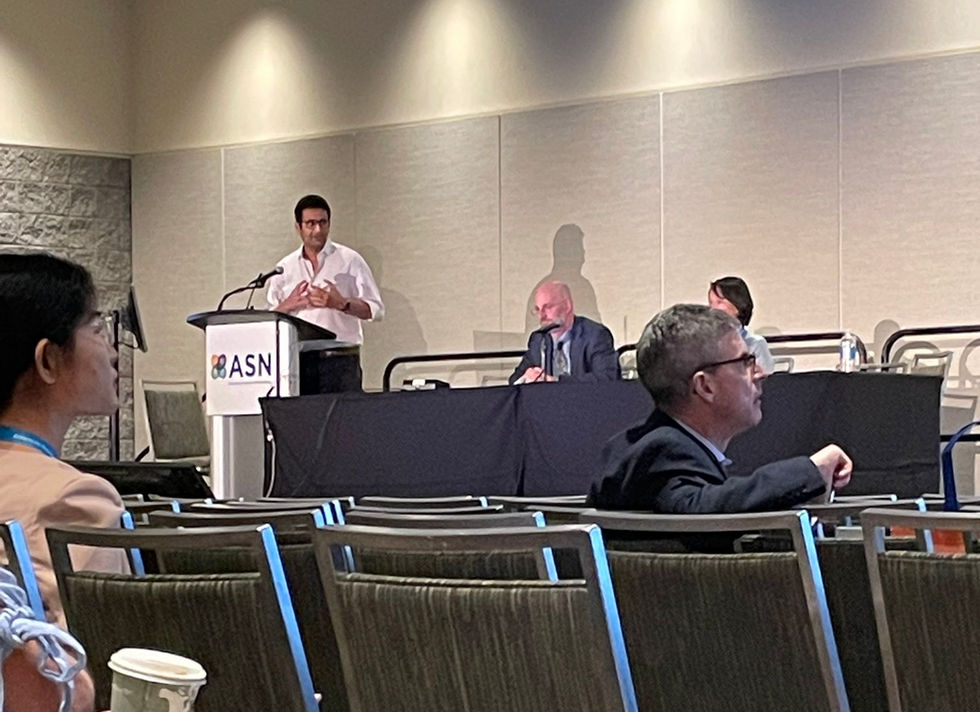
Research overview
The kidneys are remarkable organs which clean blood, control blood pressure, balance levels of fluid and salt in the body and help to maintain healthy bones.
Over 3 million people in the UK experience chronic kidney disease (CKD); a disease with few effective treatments. There are lots of unanswered questions about how the kidney develops, works and goes wrong in disease.
Our research group uses cell culture, organoids, animal models and patient samples to understand the biology of the kidney, to determine what goes wrong in disease and to identify new treatments for CKD in children and adults.
Our research interests can be broadly categorised into the three areas detailed below; each subdivided into a number of projects
Normal and abnormal development
Disease mechanisms and therapies
Clinical and translational studies



















